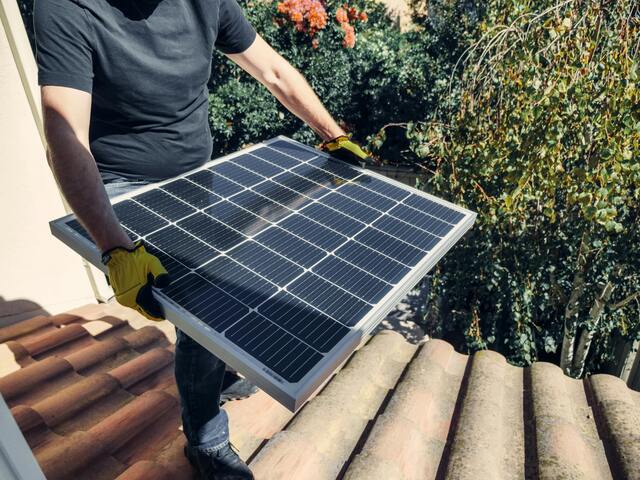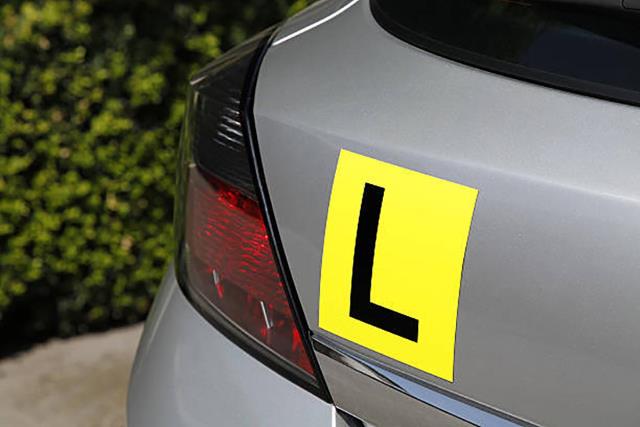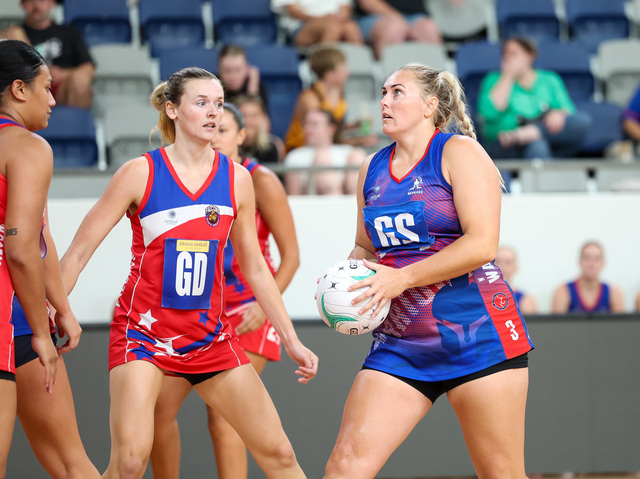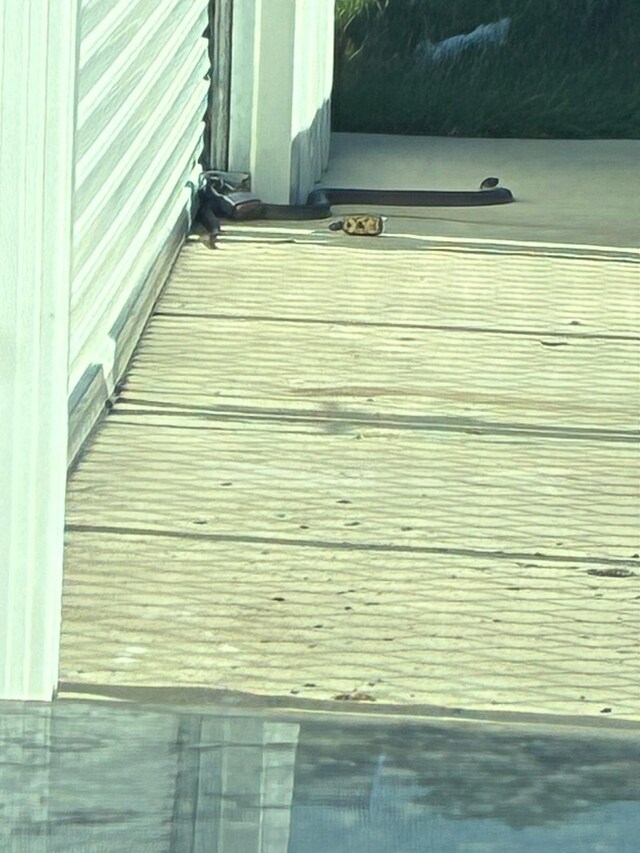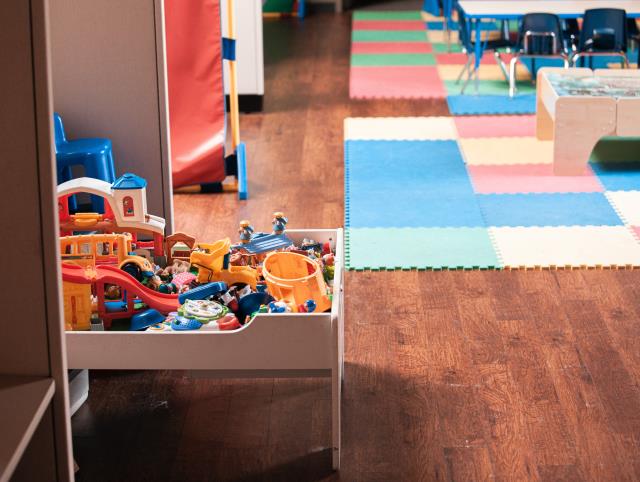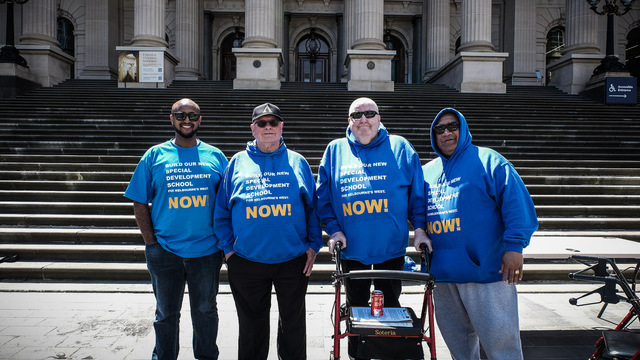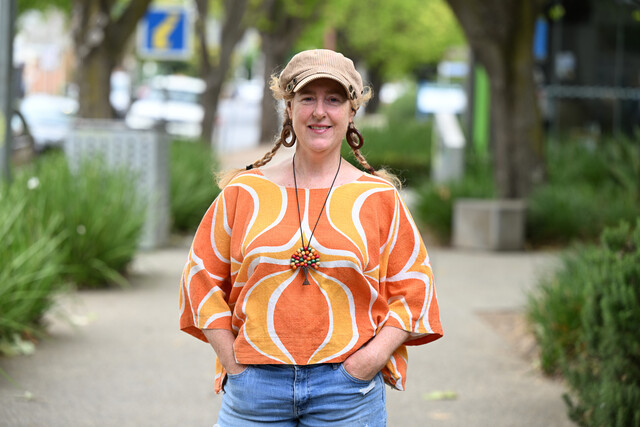Moves to cut back life-saving bulk-billed Medicare services will hit women in Melbourne’s west hard, a health professional warns.
Women’s Health West acting health promotion manager Elly Taylor said the changes, to come into effect in July, would significantly disadvantage women in marginalised communities.
And she warned there could be serious health ramifications, including rising numbers of women diagnosed with cervical cancer.
Federal Health Minister Sussan Ley has announced that a number of bulk-billing items – including pap tests and medical resonance imaging (MRI) scans – will be pared back in a bid to save $650 million over four years.
Ms Taylor worries participation in the cervical screening program will drop even further if women have to pay to have a test.
Less than 60 per cent of Victorian women aged between 20 and 69 take part in the National Cervical Screening Program, and this figure is much lower in Melton.
Only 51.7 per cent of Melton women had pap tests in 2011-12, Cancer Council figures show.
Aboriginal, refugee, migrant, young, disabled, lesbian and bisexual women were less likely to access pap screens, even though they are free.
“We don’t have good pap screening rates in the west, and our biggest concern is that when you add a financial cost to a program that has been free, you just create more significant barriers, particularly for disadvantaged and marginalised women” Ms Taylor said.
“In the short term, we’ll see a decrease in the women accessing the pap test service. And in the long term, we’ll see an outcome where there are higher rates of cervical cancer.”
Almost 90 per cent of Victorian women who develop cervical cancer had never had a test or were not routinely tested in the 10 years prior to their diagnosis, Victorian Cervical Cytology Registry data shows.
If pap test subsidies are cut from Medicare, the cost to the national healthcare system will be significantly higher, Ms Taylor warned.
“We know preventive health measures work,” she said.
“And politically it’s important the government understands, and invests in, preventive health. [Free pap screen testing] is one of Australia’s most successful health programs.”
A spokesman for Ms Ley conceded patients might be slugged up to $30 for a pap screen test. But he accused pathology companies of “price gouging” – marking up their costs by more than they would be losing from the cutbacks to government subsidies.










